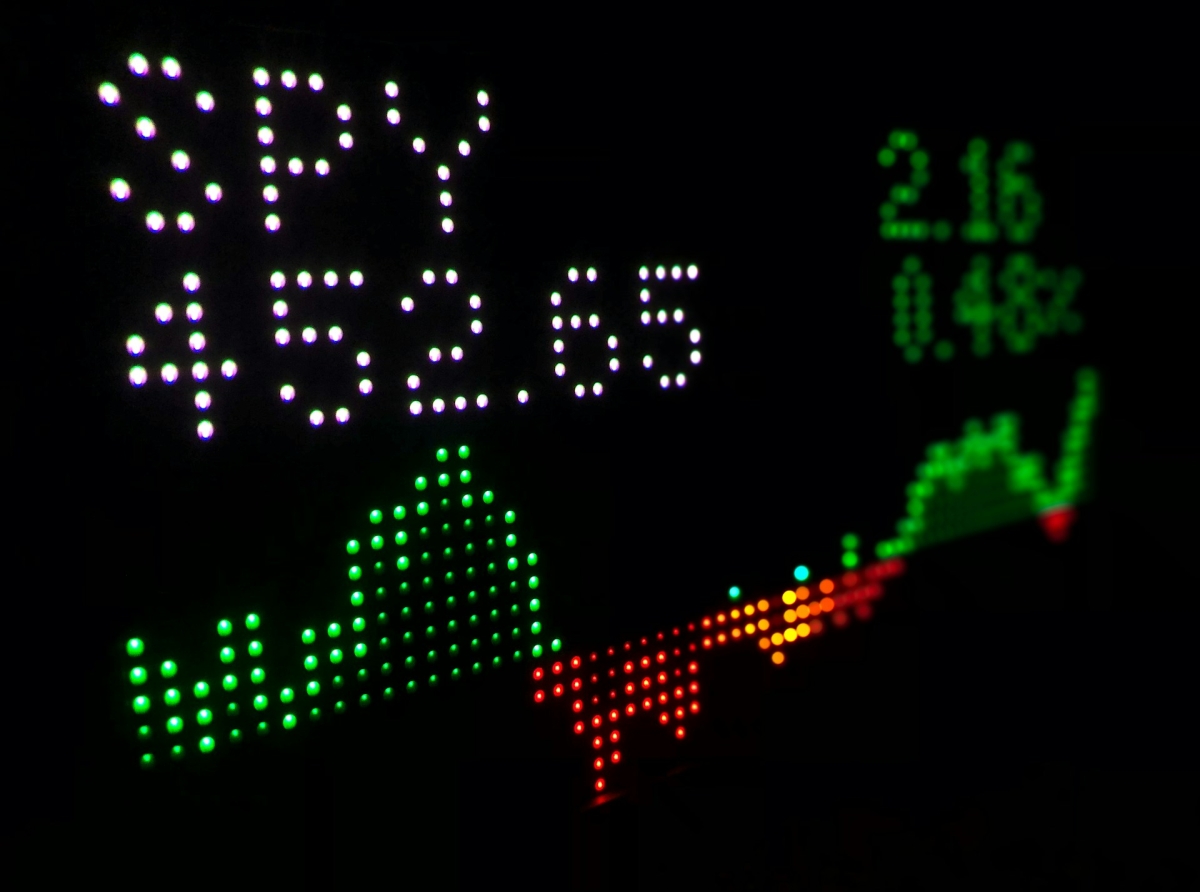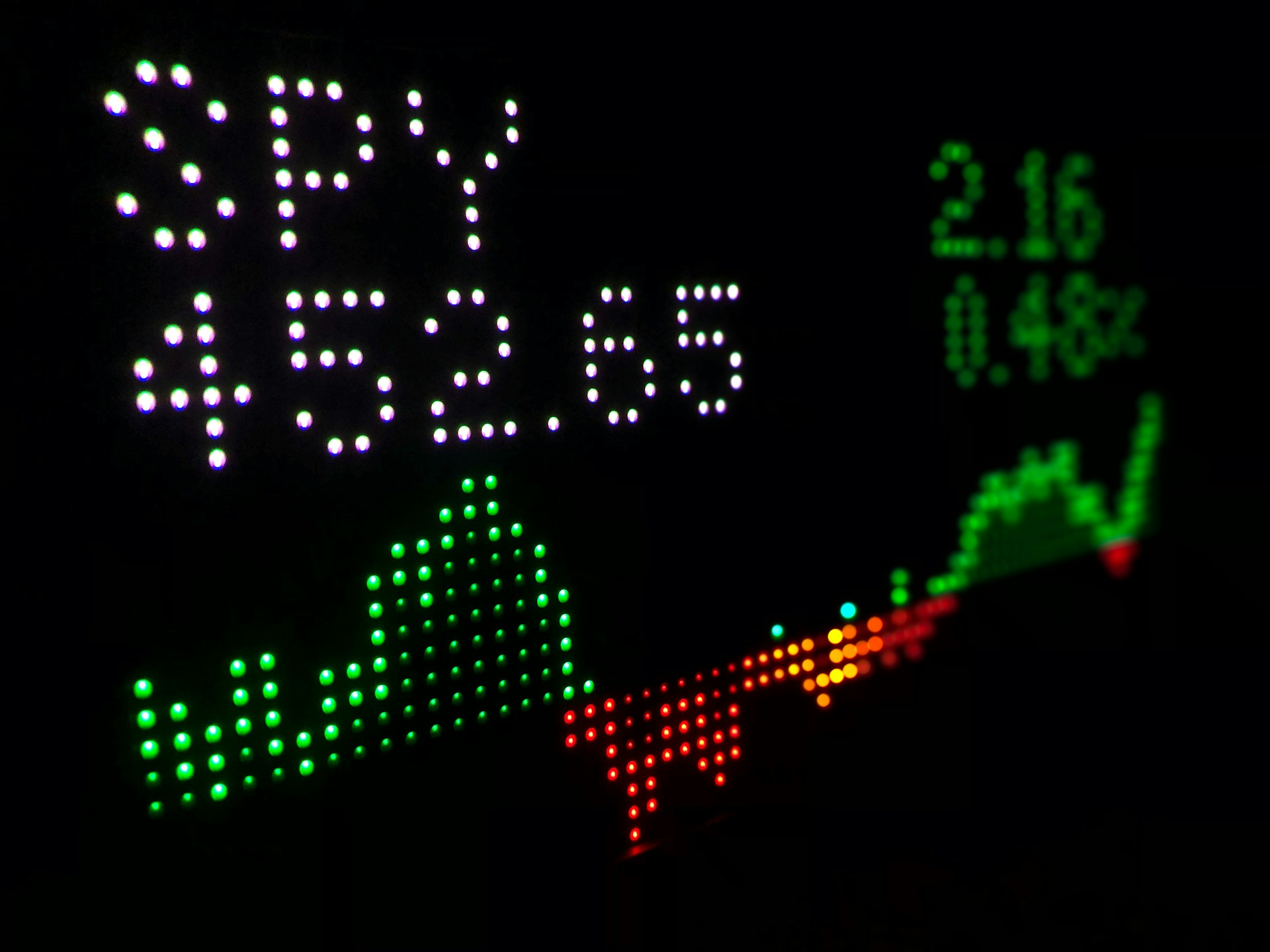
Innovations in Forex
The Foreign Exchange (Forex) market, where currencies are traded, is the largest and most liquid financial market in the world. With a daily trading volume exceeding $6 trillion, it has become a critical component of the global economy. Traditionally dominated by large financial institutions and well-versed individual traders, the Forex market has always been at the forefront of adopting new technologies to enhance trading efficiency and profitability.
In recent years, rapid advancements in technology have brought about significant changes in the way Forex trading is conducted. From algorithmic trading to artificial intelligence (AI) and blockchain technology, these innovations are transforming the landscape of Forex. This essay explores how new technologies are reshaping Forex trading, making it more efficient, transparent, and accessible.
In recent years, rapid advancements in technology have brought about significant changes in the way Forex trading is conducted. From algorithmic trading to artificial intelligence (AI) and blockchain technology, these innovations are transforming the landscape of Forex. This essay explores how new technologies are reshaping Forex trading, making it more efficient, transparent, and accessible.

Innovations in Forex
Algorithmic Trading and AI
Algorithmic trading refers to the use of computer algorithms to execute trades based on pre-defined criteria. This form of trading leverages complex mathematical models and high-speed computing to make decisions at speeds far beyond human capability. The introduction of algorithmic trading has dramatically increased the speed and efficiency of executing trades in Forex.Artificial Intelligence plays a crucial role in developing predictive models that drive algorithmic trading strategies. By analyzing vast amounts of historical data, AI can identify patterns and trends that may not be immediately apparent to human traders. These predictive models enable traders to make more informed decisions, reducing the reliance on intuition and guesswork.
The impact of algorithmic trading and AI on Forex can be seen in several ways:
Increased Efficiency: Trades that once took minutes or even seconds can now be executed in milliseconds.
Enhanced Accuracy: AI-driven models reduce human error by basing decisions on data rather than emotions.
Market Liquidity: Higher trading volumes resulting from algorithmic trades contribute to greater market liquidity.
Blockchain and Cryptocurrencies
Blockchain technology, best known as the foundation for cryptocurrencies like Bitcoin, is making its mark on the Forex market as well. A blockchain is a decentralized digital ledger that records transactions across multiple computers securely.The influence of cryptocurrencies on Forex is multifaceted:
New Trading Pairs: The rise of cryptocurrencies has introduced new currency pairs like BTC/USD (Bitcoin/US Dollar) and ETH/EUR (Ethereum/Euro), expanding the scope of Forex.
Increased Market Participation: Cryptocurrencies have attracted a new wave of traders who may not have previously engaged with traditional Forex markets.
The benefits of blockchain technology in Forex include:
Transparency: Every transaction recorded on a blockchain is visible to all participants, reducing fraud risk.
Reduced Transaction Costs: Blockchain eliminates intermediaries like banks, leading to lower fees for cross-border transactions.
Machine Learning and Big Data Analytics
Machine learning, a subset of AI, involves training algorithms on large datasets so they can learn from patterns without being explicitly programmed. In Forex trading, machine learning is used extensively for analyzing historical price data, economic indicators, and even social media sentiment.Big Data analytics enhances decision-making processes by providing deeper insights into market dynamics:
Predictive Analytics: Machine learning models can predict price movements based on historical data analysis.
Sentiment Analysis: By analyzing news articles and social media trends, traders can gauge market sentiment more accurately.
Examples of predictive analytics in Forex include tools that forecast currency price movements or identify optimal entry and exit points for trades.
Future Trends and Conclusion
Emerging technologies like quantum computing hold promise for revolutionizing Forex even further:Quantum Computing: Capable of processing data at unprecedented speeds, quantum computing could enable even more sophisticated predictive models.
Potential future innovations include AI systems capable of understanding global economic trends or machine learning models that adapt in real-time based on evolving market conditions.
Speculation on long-term impacts suggests a future where human intervention in trading might become minimal as machines take over most analytical tasks.
In conclusion, new technologies are transforming Forex by enhancing efficiency, accuracy, transparency, and accessibility. As we move forward into an increasingly digitized world, these innovations will continue to shape the future landscape of financial markets globally. The transformative power of these technologies reaffirms their importance in modernizing financial practices and setting new standards for successful trading strategies.
Forex, Trading, Technology, Financial markets, Innovation









Report
My comments